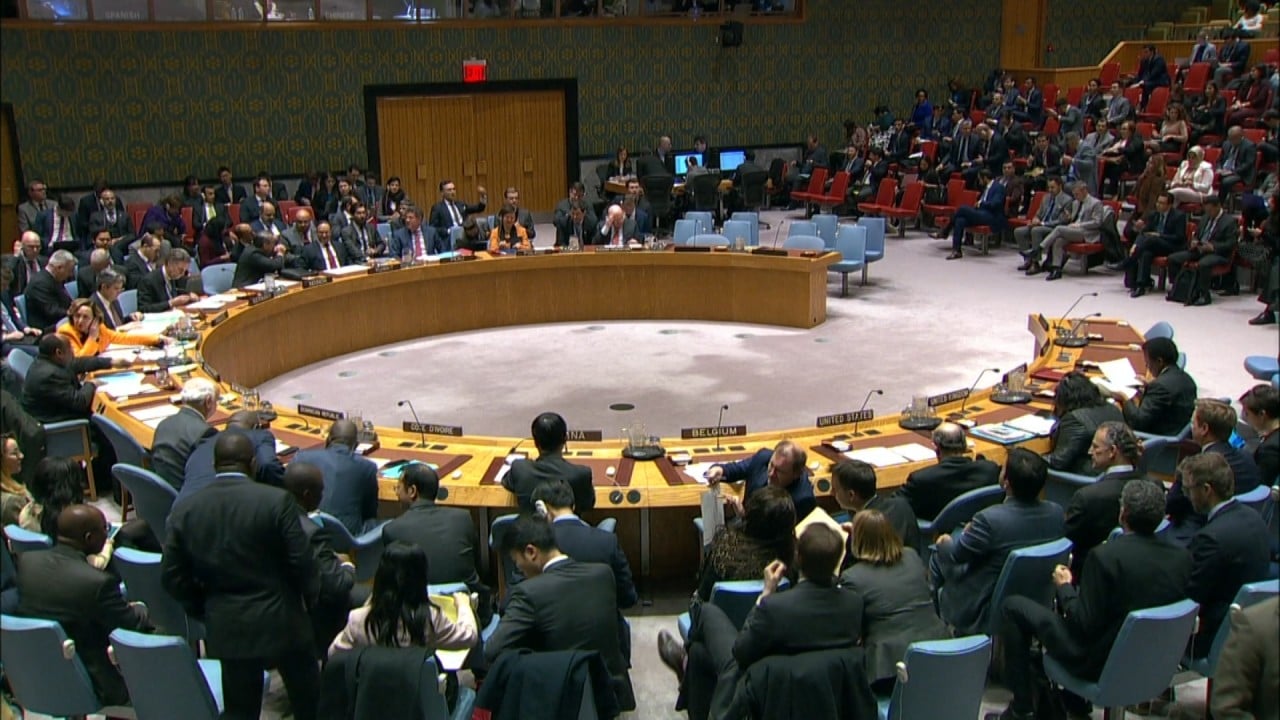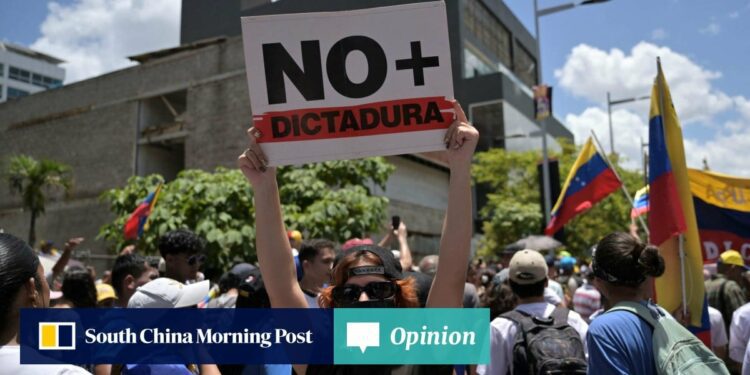First, governability – the capacity of the government to tackle the country’s problems – is vital. As the fundamental structure of a nation, the government is involved in various aspects of daily life and should be competent enough to deal with them properly. Therefore, it must have a clear vision, address the demands of the different groups and try to make most people happy by offering economic benefits.
Venezuela has all the advantages it needs for rapid economic growth, especially with its superb natural resources. Faced with a strong opposition, however, both the Chavez and Maduro administrations have failed to maintain political and social order, unable to carry out policies to ensure that market forces play a decisive economic role and talented people are willing to remain in the country to work hard for their motherland.
Second, political stability is the foundation for promoting economic development and building a harmonious society. In its absence, policies cannot be implemented properly, institutions like the legal system could fail, social order cannot be guaranteed and the investment environment deteriorates. Order and harmony come to be replaced by “street democracy”.
Sadly, Venezuela’s opposition forces have been very successful in organising marches, demonstrations, protests and strikes, depriving the country of political stability and worsening the environment for investment.
Venezuelan opposition leader Maria Corina Machado addresses supporters during a march amid a dispute over the presidential election result, in Caracas, Venezuela, on August 3. Photo: Reuters
Third, a country’s search for a development path must be based on its political realities. The government should constantly explore and adjust its development path according to changing internal and external conditions as well as the people’s aspirations.
In this regard, the late Venezuelan leader Hugo Chavez’s ideas, such as “21st century socialism” and the “Bolivarian revolution”, should be considered innovative endeavours. But these efforts were anticlimactic and problematic – the main reasons are closely related to two sad political realities.
The opposition, supported by the United States, is very powerful, and the government could find political consensus on almost nothing. Moreover, Venezuela’s society is highly divided between the haves and have-nots. Without social cohesion, any attempt to change a country’s development path is doomed to fail.
Fourth, how to make the cake bigger is as important as its distribution. Unequal income distribution and the consequential social injustice is one of the biggest headaches for Latin American countries. In Venezuela, Chavez and Maduro implemented many socioeconomic policies to improve the well-being of the lower classes. But the long period of economic sluggishness made the fiscal burden too heavy for the government, especially when oil production and revenues shrank.

02:37
Global split over how to deal with Venezuela crisis
Global split over how to deal with Venezuela crisis
This does not mean Venezuela should have spent money only on investment in the productive sectors. For Venezuela and other Latin American countries, people-first policies are urgently needed to improve social justice. But to be able to fairly distribute the cake, it must first be bigger.
Last but not least, external interference and sanctions cannot solve a crisis in any country. Venezuela’s economic problems are rooted in government policy mistakes, such as the failure to stimulate the market and private business sectors. But the US is also behind Venezuela’s crisis.
The US traditionally regards Latin America as its backyard and is unlikely to allow any country in the region to adopt an anti-US foreign policy. US sanctions have extracted a heavy economic price from Venezuela, and US support is linked to the April 2002 coup against president Chavez, “street democracy” in capital Caracas and elsewhere, the 2019 installation of an interim government under Juan Guaido and now, recognition of Gonzalez as the winner of the latest presidential election.
Venezuela has suffered enough from decades of crisis. Let’s hope the ending to the latest turmoil will indeed be different this time around.
Jiang Shixue is a distinguished professor at Macau University of Science and Technology
Source link : http://www.bing.com/news/apiclick.aspx?ref=FexRss&aid=&tid=66b7dd31a0974b8397f993bde045f11e&url=https%3A%2F%2Fwww.scmp.com%2Fopinion%2Fworld-opinion%2Farticle%2F3273310%2Fvenezuelas-crisis-holds-lessons-other-developing-nations&c=15031127869978229212&mkt=en-us
Author :
Publish date : 2024-08-10 10:30:00
Copyright for syndicated content belongs to the linked Source.




